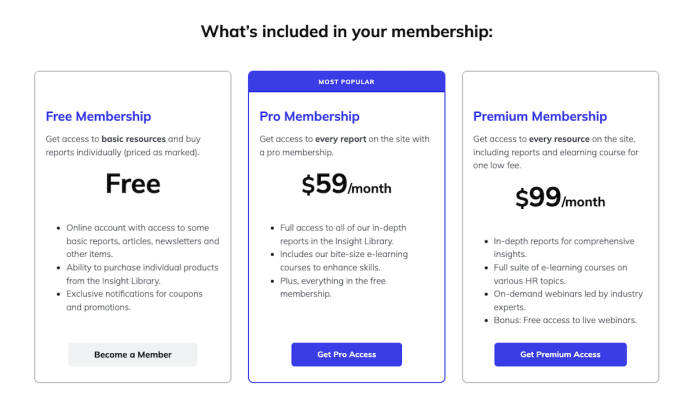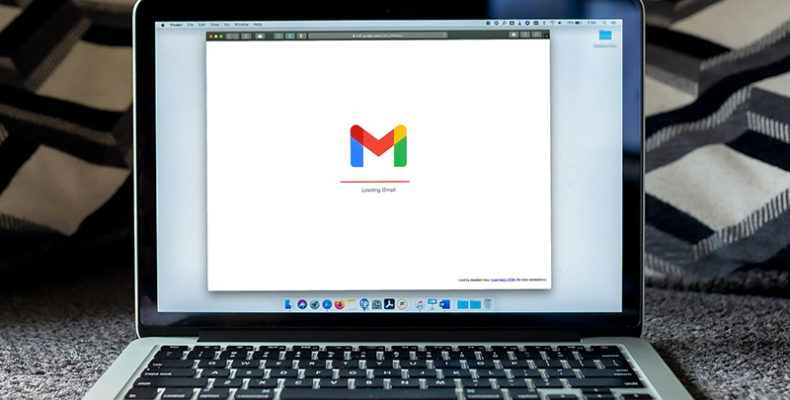
Here at SubHub, a lot of our most frequently asked questions are understandably based around SEO and everything it relates to - optimizing and ranking of membership sites, competitor analysis and so forth.
1. What does SEO stand for and what exactly is it?
SEO stands for 'Search Engine Optimization'.
While SEO is a constantly evolving beast, you can basically describe it as 'ensuring your website and its content can be easily found on the Internet'. Additionally, you could say that its also 'about making sure that your website traffic converts'. This could be visitors making a purchase, visitors emailing you, visitors calling you - whatever you deem important.
2. So, why aren't we #1 or on page 1 of Google?

This is a commonly asked question.
Funnily enough, it's a question usually asked by those people with a brand new site, that nine times out of ten hasn't even been ranked by Google yet. They're excited that they have an awesome new site and expect that Google will immediately love it and rank it accordingly. If only this were the case!
Consider these points:
- Have you done any SEO yet?
- Do you have much text-based content on your website (a good thing), or does your site mainly consist of Flash or graphics (a bad thing)?
- Do you have a sitemap?
- Are you regularly updating your site with new / additional content?
3. When will we see results?

Unfortunately, this is a 'how long is a piece of string?' question.
Ranking can take a while. Sometimes days, sometimes weeks, sometimes longer. It can depend on who is linking to you (if indeed anyone is), if you've submitted a sitemap to the search engines and simply when your site went live.
Results depend on how many people are competing for your main keywords, how your site compares to high ranking sites in terms of SEO, how regularly you're updating your content, which sites are linking to you and the age of your site. Remember as well that SEO is a continuous process that never stops. Keep tweaking your site, monitoring your results, your competitors and your web stats.
4. Can we rank for a huge list of keywords?

Ultimately, unless you're Amazon, there are only so many keywords that you can initially optimize your website for. As your site grows, you'll no doubt develop more of a long tail of keywords which you'll get ranked for. However, initially it's worth determining your main 10-16 keywords and go after these.
Your main keywords are the most popular and profitable ones. If you run a web site on fly fishing in Scotland make sure your website title, homepage heading, main image alt tag and page content all make mention of this.
Use a keyword tool to find the most searched for versions of the keywords you choose.
5. How much does SEO cost?

How much does a car cost, or a house?
It all comes down to the size of your site, the positions you wish to achieve, the number of keywords you need to rank for, the competition for those keywords, the search engines you're targeting and in which countries - in other words, your SEO strategy. Then of course, no search engine company charges the same.
Before you contact an SEO company find out what you can do for yourself. A site such as SEO Book is a great place to start for tips.
6. How do I submit my new site to Google/Bing/Yahoo! etc.?
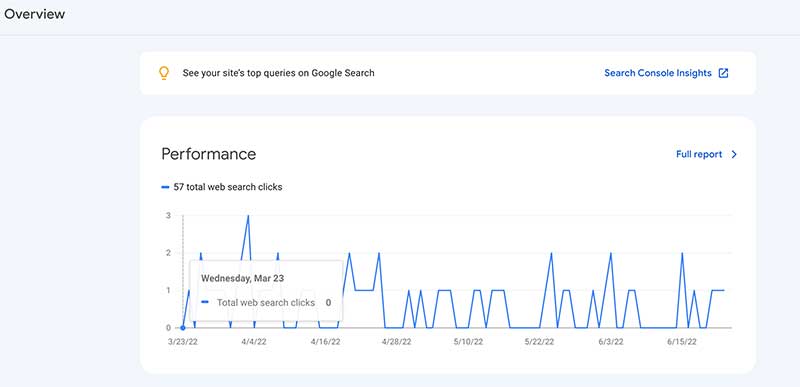
You don’t submit sites to search engines these days. They can find you, via sites that link to you, through pinging them via blog posts or by submitting an XML sitemap to Google Search Console.
7. Do I need an XML sitemap?
Depending on the structure of your site you may or may not need one. A well coded html website, with well developed navigation can be easily spidered by search engines. A sitemap though can't do any harm. You can upload a sitemap to your SubHub site, then submit the URL to your Google Search Console account.
8. Do I still need 'meta tags' for my SEO?

Absolutely. The 'title' tag and 'description' tag should be added to any piece of public content that may help your website become known as an authority on a certain topic. While the 'title' tag is more important for Google to recognize, the 'description' tag gives your potential visitors an idea of what they will get if they click on your site in search results. Ultimately, both have an impact on SEO. You can easily add meta titles and descriptions to your SubHub articles.
9. What is linkbait / link bait?
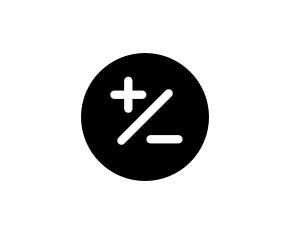
There are at least two common definitions of linkbait (or link bait). One is negative and one is positive. The negative one says that it’s luring people to link to you for a reason they normally wouldn’t. This is a little cynical.
The positive definition explains that linkbait is simply a well crafted, useful piece of content that other people not only like but also would not hesitate in recommending to others. It's also worth considering the benefits of using Twitter to promote links to your content. Well written content can get linked to and retweeted by thousands of people.
10. Doesn't Google hate SEO?
No, Google even offers SEO advice and a plethora of SEO tools itself. In fact, many Google employees and SEO practitioners speak at the same conferences and work together as business partners.
11. Does SEO mean optimization for search engines spiders and not humans?
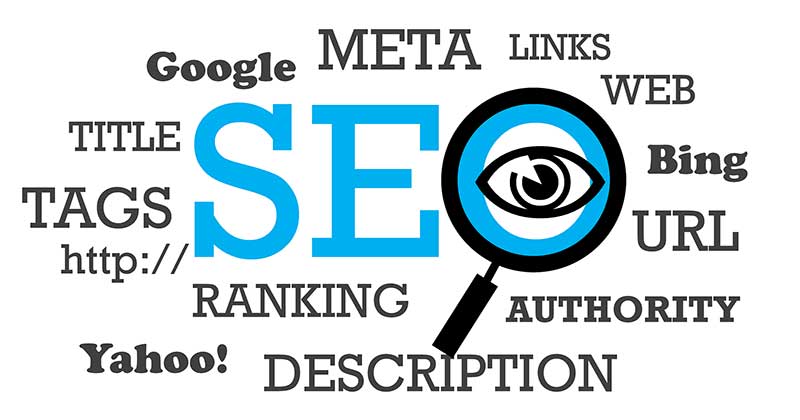
Good question!
Never optimize your website just for search engines. It will come back to bite you. While your website needs to be optimized, it still needs to read well and make sense. So many people have sites that may rank well, but fail to convert in any way, because of failing to take humans into consideration.
12. Is buying links and hidden text etc. considered as black hat SEO?
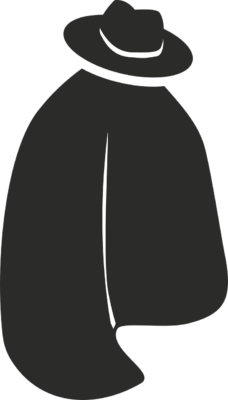
For the uninitiated, black hat SEO covers methods of gaining a high search ranking that may be not consider ethical and indeed may get your site banned.
Consider every method you use extremely carefully and search Google to see if the methods you are using are deemed ok.
13. Does site size matter?
Historically it did matter. For a period of time the sheer number of pages on a site would influence how it ranked. Now however, it comes down to the quality of your content and how regularly you update your site with new quality content. Be sure all the images on your site are optimised as well - meaning they should have meaningful alt tags and image names, preferably containing one or two of your keywords.
14. Do domain extensions (top level domains like .com, co.uk) matter?
In terms of ranking on local versions of Google and other search engines, country-based domains like .co.uk, .fr, or .de will get you a small advantage. Also many SEO experts believe that .edu and .gov domains are trusted more by Google. Google itself has denied that, explaining that .edu and .gov domains simply get more links and so Google ranks them accordingly.
15. Is blog and forum commenting for SEO purposes considered as spam?
It depends. Always make sure you add quality to the overall conversation, use your real name and don't wave your website link in peoples faces - instead think of adding it in your signature or in your profile.
Finally, make sure to read this post by Rishi Lakhani where he answers a lot of questions you might encounter in future.
Oh, and don't forget to tweet us any comments or post them on our Facebook page

